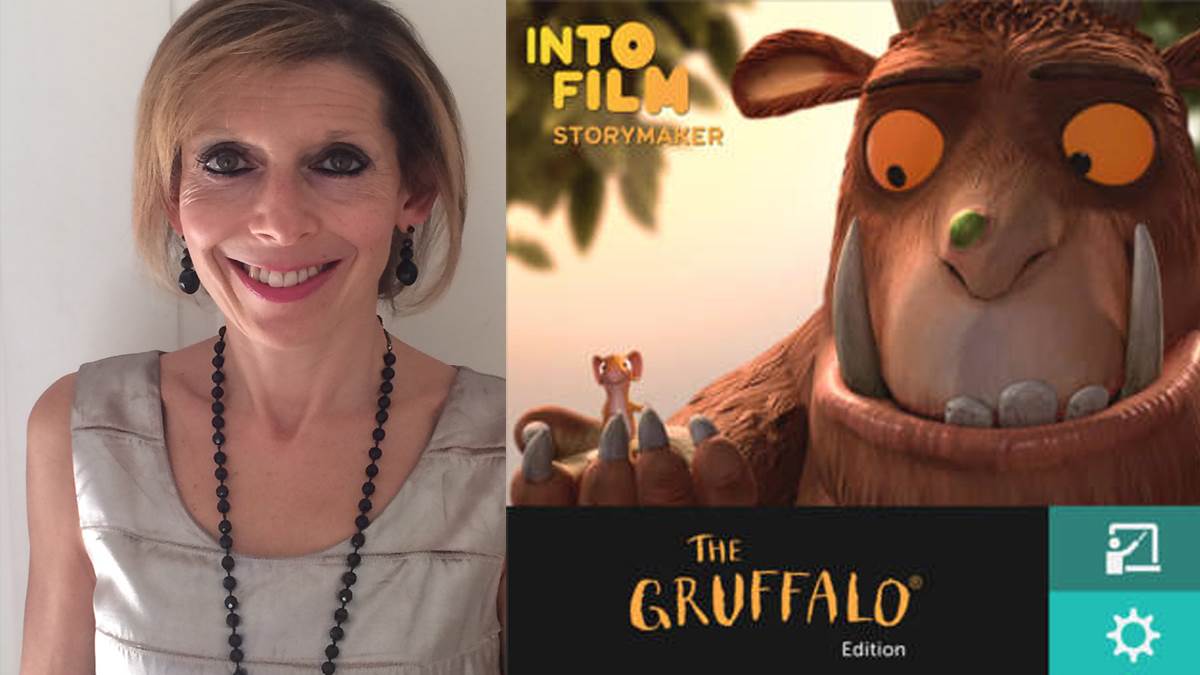How film can support and inspire reading at school
Published on: 15 March 2017 Author: Beatrix Clark
Films aren't just fun - they're a fantastic way to encourage children to read. Beatrix Clark from Into Film gives her tips on how you can use them at your school.
Popular books have inspired great films from the early days of cinema: think Dahl or Dickens, The Wonderful Wizard of Oz or Wuthering Heights, The Hobbit and the Harry Potter series.
Watching them, as well as being enjoyable, can also shed new light on a character, highlight themes in a novel young people haven't previously considered, or introduce us to an author we didn't think we'd like.

Beatrix Clark from Into Film
Book winners on screen
The announcement of the Carnegie Medal 2017 shortlist on Thursday 16 March is an apt moment to consider the varied selection of books shortlisted and longlisted in previous years which, along with their film adaptations, have engaged and delighted young audiences, some for several decades.
The fact that novels such as Tom's Midnight Garden, The Borrowers, Watership Down and Philip Pullman's Northern Lights (known in North America as The Golden Compass) - all Carnegie winners from over 20 years ago - have endured may well, in part, be due to having been adapted for the big screen.
More recently, successful film versions of shortlisted or longlisted books, including Skellig, Millions, The Boy in the Striped Pyjamas, Private Peaceful and A Monster Calls, have added a new dimension to these moving stories and made them accessible to young people who may not otherwise have discovered them.
 Private Peaceful
Private Peaceful
Boost learning through film
Because of its universal appeal, film is an excellent tool to inspire young people who find certain texts challenging or are simply reluctant readers.
By the time they arrive at primary school, pupils will already have accessed and interpreted visual media from a young age. Colour, character, camera (the '3Cs') and sound, story, setting (the '3Ss') are present in all texts. Working with these terms to explore the familiar medium of film provides learners with a memorable way to analyse, decode and encode any text.
Reading film as text will develop a child's critical thinking and the ability to review and put into context, as they move up the school years and into secondary school. These skills are equally applicable to, and transferable between, film and literary texts.
Use film alongside books
Studied alongside a book, a film adaptation can develop a pupil's interpretation and understanding of narrative, character, form and language, as well as cultural and social context.
Active film watching can ignite interest, remove the barriers to learning that some children face, and support students of all abilities to develop their literacy skills. These could include writing reviews or an extract from the perspective of a different character. Perhaps the class could prepare a voiceover that narrates what a character may be thinking, or try a 'sound-on, vision-off' exercise, where pupils describe what may be happening based on the soundtrack alone.
'Film is a springboard'
It's no surprise that great works of literature have led to so many great films and will doubtless continue to do so. As parents and teachers, we can and should use that to our advantage.
Film is a springboard from which children can see literature in a new light and access new worlds and fantastic experiences. These can, in turn, encourage them to seek out and read the original stories for themselves.
Beatrix Clark is a freelance communications officer and journalist, who has worked with Into Film for eight years and frequently writes about the uses of film in education.
Into Film is a UK-wide education organisation supported by the BFI through National Lottery Funding. They have a range of resources to help teachers use film effectively to support reading and literacy. For further information, including how to start a film club for free access to thousands of films and resources, visit intofilm.org.
Topics: Bookbuzz, Features, Teacher tips





